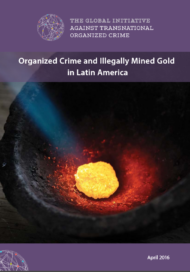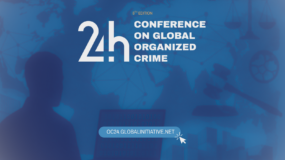Posted on 15 Nov 2017
The most significant, high-profile attempt in Peru’s history to stop illegal timber exports took place very early one morning in November 2015, when a public prosecutor specialising in envi- ronmental crimes made a surprise boarding of the Yacu Kallpa ship anchored on the River Amazon near the city of Iquitos in Peru’s Loreto region.
The attempted seizure in November 2015 – together with the pre- vious shipment blocked in Houston – turned the Yacu Kallpa into the biggest timber scandal in Peru’s history. It contributed to protests in Iquitos and another city, Pucallpa, where OSINFOR’s o ice was fire-bombed, and it e ectively cut the only direct timber export route from Peru’s Amazon to the US given that the Yacu Kallpa was the only ship operating on it.
In addition, under pressure from the timber sector, the public prosecutors’ powers under new Legislative Decree 1220 were rolled-back,11 and OSINFOR’s president, Rolando Navarro, was sacked and forced to flee the country in fear for his life.12
Even in a country where illegality, corruption and impunity have dominated the timber sector for decades, the Yacu Kallpa case has become emblematic in Peru. In addition to obtaining major national and international media attention, it exposes some of the fundamental problems with the sector which explain how and why it remains so out of control.



